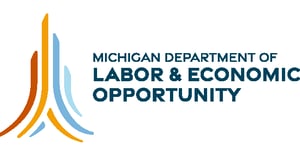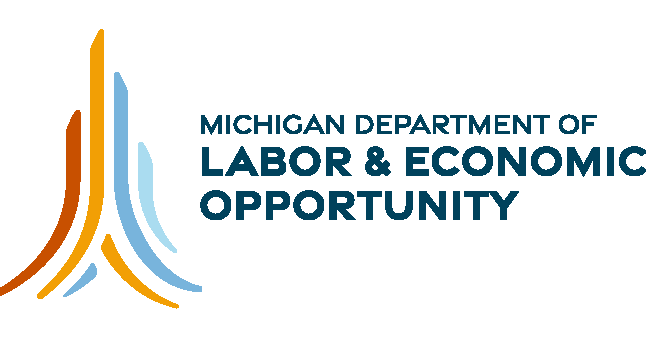Stakeholders Gather to Highlight how Community & Worker Economic Transition Office Budget Investments will Support Efforts to Ensure Michiganders Benefit from Clean Energy Transitions
KALAMAZOO, Mich.— Following the passage of a historic budget agreement that provides funding for the newly created Community & Worker Economic Transition Office, the Michigan Department of Labor and Economic Opportunity (LEO) convened a roundtable in Kalamazoo today to discuss how the new office will help Michiganders benefit from transitions in the auto and energy sectors.
Today’s event highlighted investments included in Gov. Gretchen Whitmer’s Fiscal Year 2025 budget that bolster the office’s efforts that help companies and individuals take full advantage of the good-paying, middle-class jobs coming to Michigan. These investments include $2.5 million to support staff and operations for the historic new office, which is one of the first of its kind in the country, and $8.6 million for a Community & Worker Economic Transition Pilot Fund that will be used to develop critical resources to help impacted communities and workers prepare for economic transitions in the years ahead, and pilot innovative programs in future years to fill gaps in services available to communities, workers and businesses navigating clean energy transitions.
“We’re thankful for the leadership of the governor and state legislature in providing funding for the Economic Transition Office and for their commitment to ensuring an equitable and just clean energy transition for Michiganders across the state,” said Jonathan Smith, senior chief deputy director of LEO. “Our continued collaboration with partners and stakeholders will remain critical as we work to best leverage these investments and make certain that resources are utilized to adequately address the needs of those impacted by the economic shifts happening in Michigan.”
The roundtable is the 10th in a series of community events held by the Economic Transition Office this year and echoed summaries included in the recently published Community & Worker Economic Transition Office Roundtable Summary Report, which documents key insights, feedback and suggestions gathered during eight previous roundtables held in other regions across the state.
These efforts build on the office's ongoing commitment to working with communities to co-develop a clear vision for a diversified economy and use the state’s leadership on clean energy to put Michigan’s communities, workers and businesses first in line for economic opportunity.
During today’s event, stakeholders in the auto and energy sectors, community-based organizations, local government representatives, higher education and workforce development leaders, and representatives from labor organizations and skilled trades came together to share their experiences and ideas on how the Economic Transition Office could be a resource for communities around Michigan as they seek to grow in the future.
“We’re excited to see the impact of the Economic Transition Office in Southwest Michigan,” said Jonas Peterson, CEO of Southwest Michigan First. “By embracing and supporting clean energy transitions, we are not only preparing our economy for a sustainable future but also ensuring that workers and their families benefit for many years to come.”
Housed within LEO, the Economic Transition Office aims to lead efforts to develop a statewide plan for upcoming advancements in high-tech EV manufacturing and clean energy opportunities. By helping workers access high-quality jobs and providing employers with proactive direction to funding and resources, the office will build a more resilient state workforce to keep up with the evolving demand for electric vehicles and clean energy technologies.
The office is an important piece of the Clean Energy and Jobs Package and is the first in the nation to address shifts to renewable energy in both the utility and auto sectors, making up more than 20% of the state's economy. With the state leading the Midwest in the number of clean energy workers and the potential to create thousands of new jobs by 2040, Michigan is positioned to be a key player in the clean energy and electric vehicle industries.
For more information on LEO's initiatives and the Michigan Community & Worker Economic Transition Office, visit Michigan.gov/EconomicTransition.
###
















